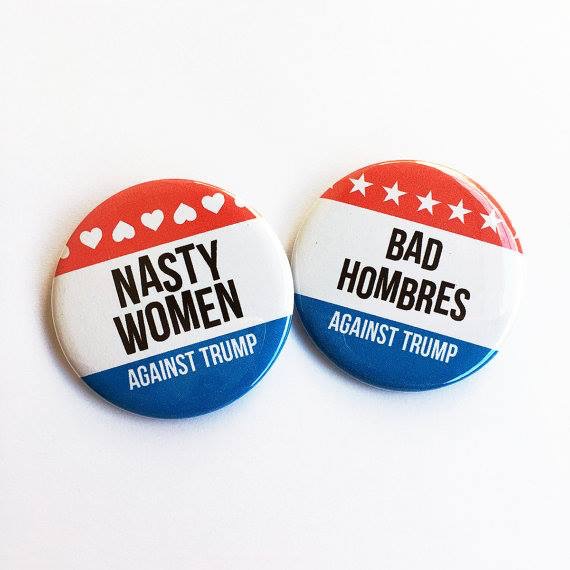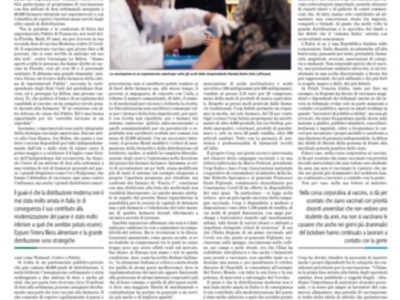Ma c’è una ragione forse più importante, insiste Friedman, per la quale i sostenitori di Trump, in particolare i maschi bianchi meno istruiti, dovrebbero diffidare delle sue spacconate: le sue politiche non li aiuteranno. Trump promette di restituire loro i posti di lavoro. Ma la maggior parte di quei posti di lavoro non sono andati ad un messicano. Sono andati ad un microchip. «No one knows for certain how we deal with this new race with and against machines, but I can assure you it’s not Trump’s way — build walls, restrict trade, give huge tax cuts to the rich. The best jobs in the future are going to be what I call “STEMpathy jobs — jobs that blend STEM skills (science, technology, engineering, math) with human empathy. We don’t know what many of them will look like yet.
Ieri, nella sua rubrica sul New York Times, l’ultima prima del voto, Thomas L. Friedman si è rivolto agli elettori di Donald Trump (Donald Trump Voters, Just Hear Me Out – The New York Times).
«While I’ve opposed the Trump candidacy from the start, I’ve never disparaged Trump voters. Some are friends and neighbors; they’re all fellow Americans», scrive Friedman. Dobbiamo, prosegue, prendere sul serio le loro preoccupazioni. Ma dobbiamo chiedere loro di essere seri e di distinguere tra i due candidati. «Trump is not only a flawed politician, he’s an indecent human being. He’s boasted of assaulting women — prompting 11 to come forward to testify that he did just that to them; his defense is that he could not have assaulted these women because they weren’t pretty enough.He’s created a university that was charged with defrauding its students. He’s been charged with discriminating against racial minorities in his rental properties. He’s stiffed countless vendors, from piano sellers to major contractors. He’s refused to disclose his tax returns because they likely reveal that he’s paid no federal taxes for years, is in bed with dodgy financiers and doesn’t give like he says to charity. He’s compared the sacrifice of parents of a soldier killed in Iraq to his “sacrifice” of building tall buildings. He’s vowed, if elected, to prosecute his campaign rival. We have never seen such behaviors in a presidential candidate».
The smartest thing we can do now is to keep our economy as open and flexible as possible — to get the change signals first and be able to quickly adapt; create the opportunity for every American to engage in lifelong learning, because whatever jobs emerge will require more knowledge; make sure that learning stresses as much of the humanities and human interactive skills as hard sciences; make sure we have an immigration policy that continues to attract the world’s most imaginative risk-takers; and strengthen our safety nets, because this era will leave more people behind». Questa è l’unica strada per la grandezza dell’America nel XXI secolo. «Trump vuole fare grande l’America in modi che semplicemente non sono più alla nostra portata. “Che cosa abbiamo da perdere” provando questa strada?, chiede Trump. La risposta è: tutto quello che ci fa veramente grandi. Quando il mondo va così veloce, piccoli errori nella navigazione hanno enormi conseguenze». Vale anche per noi. Da leggere.
You may also like




